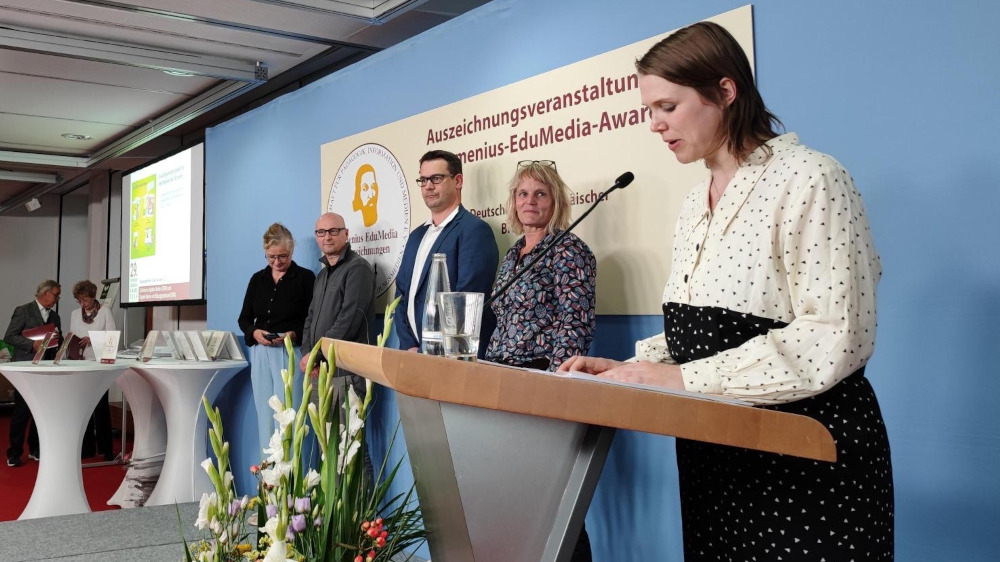
At the beginning, the class decides together whether all participants are willing to take part in the “mobile fasting” project and to discuss their personal phone habits openly in the form of a mobile diary in the class. In addition, it is agreed how long the mobile phone fasting should take place. It is advisable that the fast last for several days (ideally 1 week) with a gradual reduction in mobile phone use. It is important that all participants agree to the time period.
In the first phase of the project, the participants start by reflecting on their mobile phone usage habits. They keep a kind of diary in which they regularly write down when, on what occasions, how often and why they use it. They also record in the diary which tasks, hobbies, activities they like to do in addition to using their mobile phone.
The next step in the process is the agreed “fasting time,” which begins with a gradual reduction of mobile phone use. At the end of the fasting week, every young person should have managed for at least two days without using any mobile phone at all.
Social form: Individual work
Afterwards, the participants brainstorm together about how regular mobile phone use can be gradually reduced.
Tip: To facilitate the step-by-step reduction, and for clarity, a color system with three difficulty levels can help: green, yellow & red The results are recorded in the fasting part of the mobile diary.
Social form: Group work
Social form: Individual work
- Did you find it hard to go without?
- Which sacrifice did you find most difficult?
- What did you miss?
- Have you noticed positive changes (more time for other things, new or old hobbies, more personal conversations)?
- Do you think you'll reduce your mobile use from now on?
The young people discuss the evaluation together in the learning group.
Social form: Individual/group work
The “Mobile Fasting” project can also be carried out for a shorter or longer period of time. It is also possible to transfer the idea of “fasting” to other media, such as television or video games.
News

